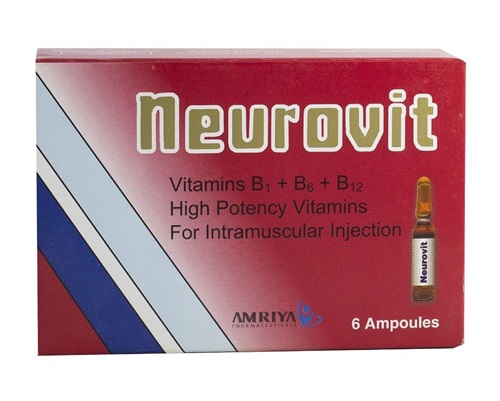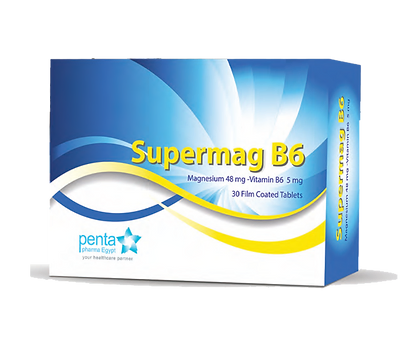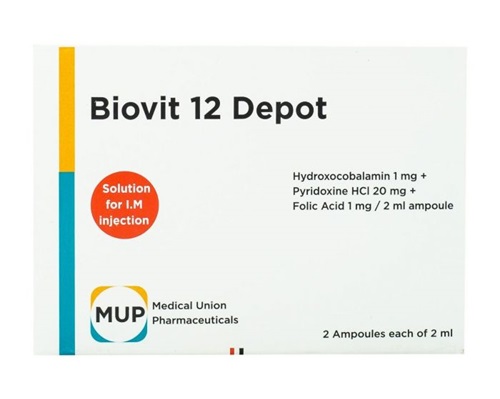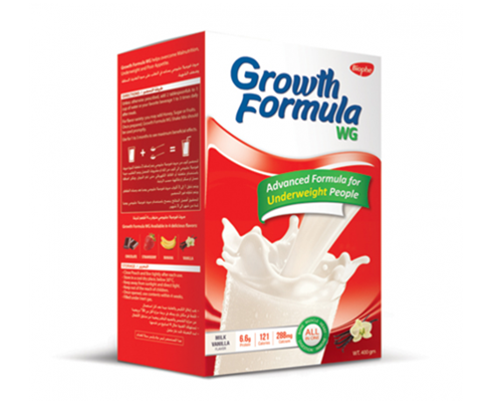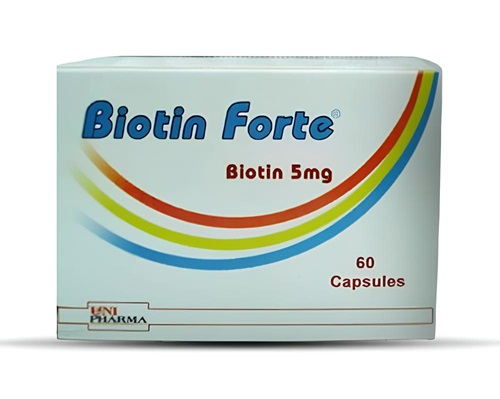Description
Trade name:
Neurovit
Compound:
Each 3 ml ampoule contains:
Thiamine hydrochloride 150 mg
Pyridoxine hydrochloride 100 mg
Cyanocobalamin 1 mg
Auxiliary components:
Benzyl alcohol, potassium ferrocyanide, sodium acetate, water for injection.
Properties:
Neurotropic B vitamins have a beneficial effect on inflammatory and degenerative diseases of the nerves and musculoskeletal system. They help increase blood flow and improve the functioning of the nervous system.
Thiamine is a cofactor for enzymes that transfer two-carbon groups in decarboxylation reactions, plays a key role in carbohydrate metabolism, as well as in the Krebs cycle with subsequent participation in the synthesis of TPP (thiamine pyrophosphate) and ATP (adenosine triphosphate).
Pyridoxine is a cofactor of transaminases, participates in protein metabolism, and partly in the metabolism of carbohydrates and fats.
The physiological function of both vitamins is to potentiate each other’s action, which manifests itself in a positive effect on the nervous, neuromuscular and cardiovascular systems.
The drug quickly replenishes the deficiency of these vitamins.
Cyanocobalamin is a cofactor in reactions of transfer of one-carbon groups, participates in the synthesis of the myelin sheath, stimulates hematopoiesis, reduces pain associated with damage to the peripheral nervous system, stimulates nucleic acid metabolism through the activation of folic acid.
Indications:
In the complex therapy of the following neurological diseases accompanied by a deficiency of B vitamins:
-polyneuropathy (diabetic, alcoholic);
-intercostal neuralgia;trigeminal neuralgia;
– facial nerve neuritis; radicular syndrome caused by degenerative changes in the spine;
-cervical syndrome;
– shoulder-scapular syndrome;
-lumbar syndrome; lumboschialgia.
Method of administration and dosage:
In case of severe pain syndrome, treatment begins with intramuscular (deep) injection of 3 ml of the drug daily until symptoms disappear. Continue with transition to less frequent injections (2-3 times a week) for 2-3 weeks.
Contraindications:
-severe and acute forms of decompensated chronic heart failure;
-pregnancy;
– breastfeeding period;
-childhood;
– hypersensitivity to the active or auxiliary substances of the drug.
Precautions:
The drug should be administered only intramuscularly and should not be allowed to enter the vascular bed.
Before using the drug, be sure to consult a doctor.
Side effects:
From the immune system: rarely – allergic reactions (urticaria, itching, angioedema, difficulty breathing, anaphylactic shock).
From the digestive system: in some cases – nausea, vomiting.
From the cardiovascular system: in some cases – tachycardia.
From the skin and subcutaneous tissues: very rare – increased sweating, acne.
From the nervous system: very rarely – dizziness, confusion.
Others: in some cases, irritation may occur at the injection site; with rapid administration (e.g. due to unintentional intravascular injection or injection into tissues with a rich blood supply) or if the dose is exceeded, systemic reactions may develop – confusion, vomiting, bradycardia, arrhythmia, dizziness, convulsions.
Storage method:
Store at temperatures not exceeding 25 degrees.

